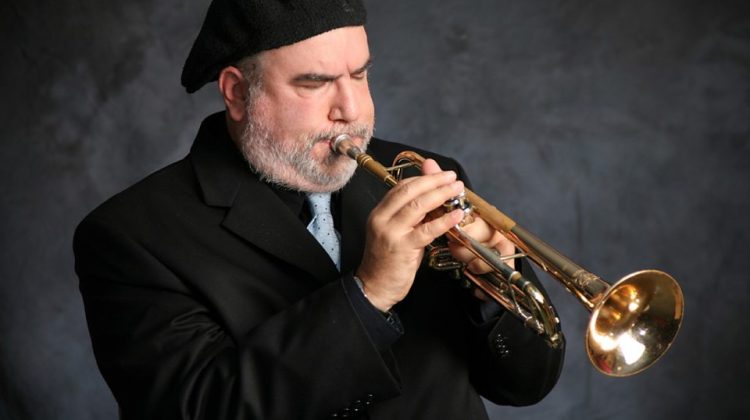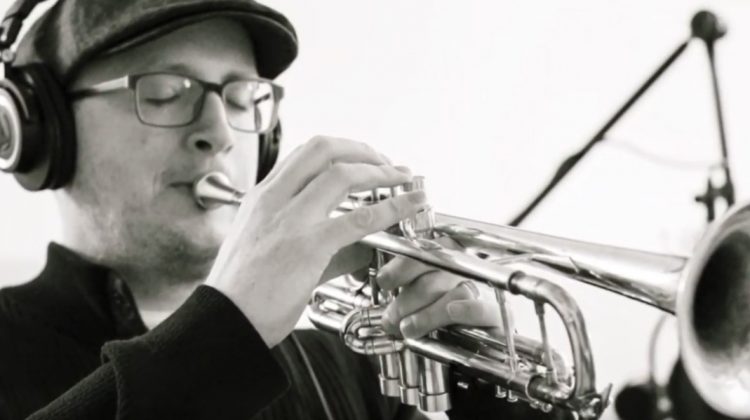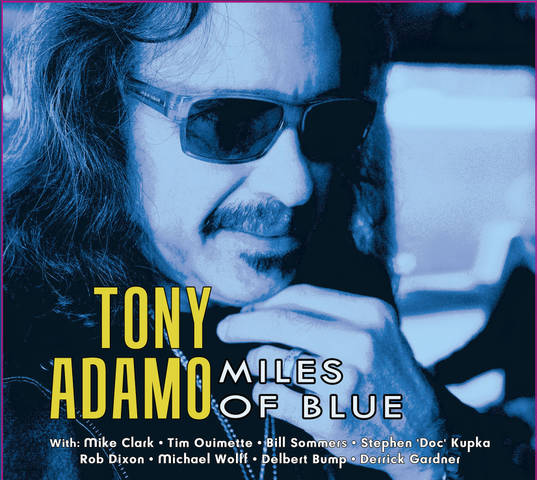Dr. Cheryl Wills, a jazz lover, is our nationally known public speaker, the anchor woman for New York 1 News. She just released “Die Free” a book about tracking down slavery ancestry.
Cheryl Wills reckons to base the process of writing “Die Free” on the discovery of her great – great -great-grandfather Sandy Wills – which she found while navigating the website ancestry.com. From there, Wills discovered dozens of documents that were in the vaults of The National Archives in Washington DC. And she found the hidden jewels of her family legacy including the Honorable Discharge Certificate of her Great Great Great grandpa and the pension records of her great great great grandma Emma!
Cheryl Wills uses as cinematic creative process on her writing. She wrote “Die Free” as if she were writing a movie. She is not even surprised that people tell her, they felt like they were ‘reading’ a movie. Wills wanted readers to feel her emotions and experience. She is very proud of the result (which she wrote only six months). Her father’s untimely death was so tragic and ever-present that when she embarked on the manuscript – she did it with a fiery passion that could not be stopped: “I wrote the manuscript on my portable laptop everywhere – on planes, trains, even at work during my dinner breaks. I chose the “Die Free” from the famous speech of a great abolitionist named Frederick Douglass – who was a runaway slave. Douglass became a great freedom fighter and led the recruitment efforts to enlist black men to fight in the American Civil War. When I read Douglass’ many works…. I was moved by his words “he who will be free, let him strike the blow. Better to Die Free, than to live slaves. When I saw the words “Die Free” I knew beyond a shadow of a doubt that was my title. It applied not only to my great great great-grandfather – but to my father as well.” Cheryl Wills created an orbiter dicta American story family tale book. She affirms: “I developed the style for my book by being honest and forthright. As readers will tell you I hold nothing back. I am angry at times and sad at times. I am filled with pride at times and other times I’m filled with rage – especially as it pertains to my father. But I give myself the literary license to be free with my feelings.”
“Sandy and Emma Wills are my great great great grandparents. Sandy was purchased in a slave auction by Edmund Wills in Haywood County when he was ten years old in 1850. Emma was sold to the Moore family in Haywood County around the same time. When Sandy arrived at the Wills plantation, he bonded with five boys his age. James Wills, Andy Wills, Mack Wills, Richard Wills and Dick Wills. They were all the property of Edmund Wills. In 1863 – when slaves were allowed to fight in The Civil War, they all ran away from the Wills plantation and enlisted in the 4th Heavy Field Artillery. Only Richard died during the war. After the war was over Sandy met Emma and they married and had nine children. Their children were among the first generation of free black children who were automatically citizens of the US. Prior to the Civil War – blacks were not American citizens – only property of white citizens.”
She stated: “When writing “Die Free”, I manage my feelings by using the horrific treatment of my ancestors as a badge of honor. I always say, if they didn’t complain then I won’t complain. I blend their quiet dignity into my professional life and honor their struggle by succeeding beyond their wildest expectations. I know Sandy and Emma would be so proud of me”.
For Cheryl style is critically important when telling a story. It makes a huge difference to the reader and determines how well they will grasp the narrative. In past Civil War anniversaries, black soldiers were forgotten… Cheryl lectures: “Black Civil War soldiers were ignored in the past and even now – because America largely considered Africans sub-human. The US Constitution literally declared them “three-fifths” of a human being. Africans were not considered to be human mules – not possessing any measurable degree of intelligence nor did anyone believe they could think critically. Even when black soldiers proved these reprehensible stereotypes wrong, Americans still allowed their prejudices to prevail and refused to properly honor the black soldiers who helped to turn the tide of the war when it was being lost to the confederacy. During the 100th anniversary, black soldiers were deliberately ignored as the nation struggled with the fight over Civil Rights from 1961 – 1965. Now during the 150th anniversary, there are more salutes to confederate soldiers – who seceded from the Union – than for the black soldiers who helped to save the Union. I’m proud to say that I’m organizing a national Candle light ceremony for the black Civil War soldiers at the African-American Civil War Memorial and Museum and Washington DC on November 5th.”
Cheryl is also the founder of the New York Chapter of the Sons and Daughters of the United States Colored Troops. With this platform, she goes to schools and teaches students about the contributions of black soldiers during the American Civil War.
Cheryl Will’s research touched back two centuries providing history to an incisive picture of American family, descendants of enslaved Africans. Her father was a Vietnam-era paratrooper…the struggle of new generations is not the same now: Cheryl stresses: “Two centuries later, our generation is still struggling for equality but it’s no longer a fight for freedom as it is a fight to be taken seriously. Many African-Americans are still considered “tokens” and “affirmative action” hires. We must move forward to be judged by the content of our character and our level of skill – and be respected for such. Stereotypes are still destroying the moral fiber of our country.”
Sandy Wills slave master was Edmund Wills. Cheryl develops: “When a slave owner purchased a slave – the slave took on the surname of his new owner. I don’t know who owned Sandy prior to his sale to Edmund Wills but after that purchase my grandpa became legally known as Sandy Wills. My great great great grandma Emma was known as Emma West because she was owned by the West Family. Then as a girl she was sold to the Moore family – she became known as Emma West Moore. Most black Americans today unknowingly have the surnames of one-time slave holders”. The United States is commemorating the 150th anniversary of The Civil War.
Young generations tend to ignore the value of ancestors. Yet Cheryl is already reading among the young: “I spend a lot of time with students teaching them about the United States Colored Troops through role-playing and lectures. They are always receptive to my lessons and I’m always happy to know I erased ignorance in another group of children.”
In a recent interview for Jazz Times, Cheryl said that in two years’ time she expects to see “Die Free” as a major motion picture. She reveals: “A screenplay is in the works. The first stage production will be on November 17th and 18th in Manhattan at a theater in New York City. I want Don Cheadle to play my father and Michael K. Williams to play Sandy. I am a visionary. One day, “Die Free” will be a big hit in theaters! My ancestors will see to it!”
Considering Sandy and Emma Wills endurance capacities, we are sure of seeing Cheryl accomplishing her visions and dreams!










